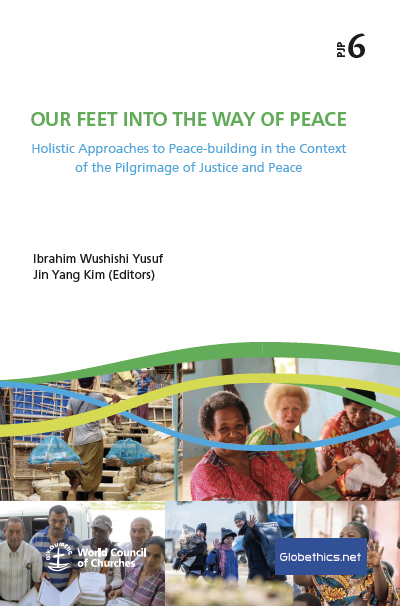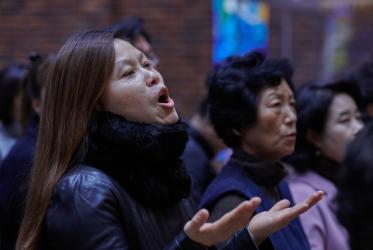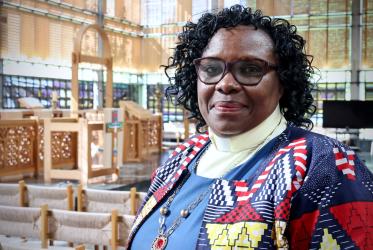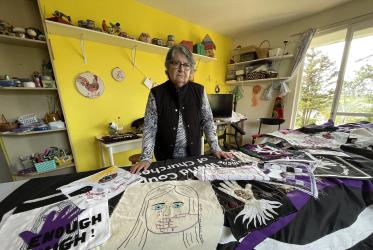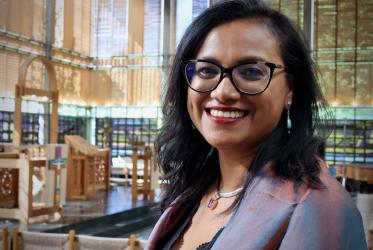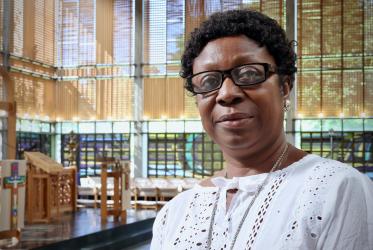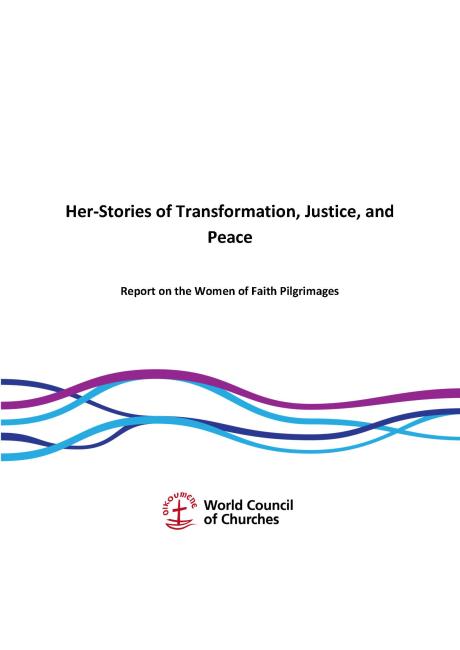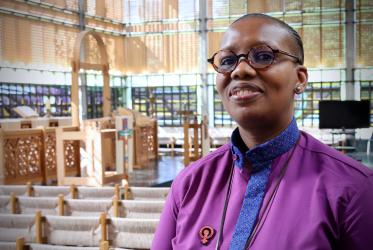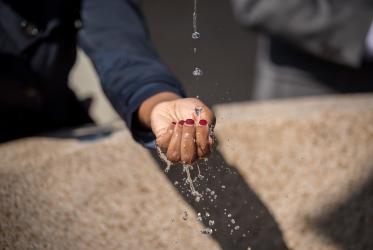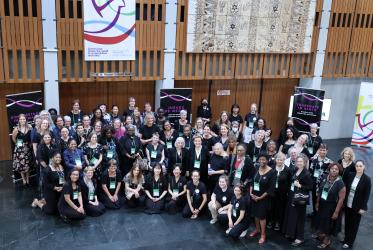Displaying 81 - 100 of 1246
Reflections on the Pilgrimage of Justice and Peace in Europe
22 August 2022
Our Feet into the Way of Peace: PJP Series 6
Holistic Approaches to Peace-building in the Context of the Pilgrimage of Justice and Peace
19 August 2022
Hate Speech and Whiteness: PJP Series 5
Theological Reflections on the Journey Toward Racial Justice
19 August 2022
Towards an Ecumenical Theology of Companionship: PJP Series 3
A Study Document for the Ecumenical Pilgrimage of Justice and Peace
19 August 2022
Rev. Edna Navaya: “We’ll be able to transform the church”
04 August 2022
Her-Stories of Transformation, Justice, and Peace PJP Series
Report on the Women of Faith Pilgrimages
11 July 2022


